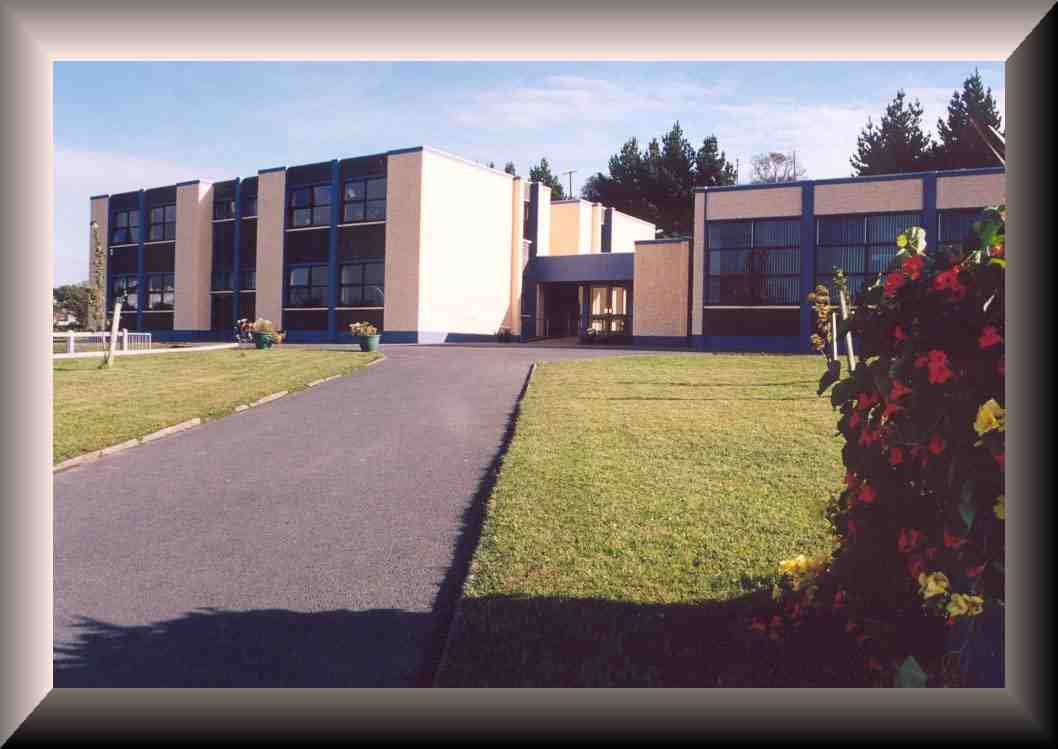 |
Holy Family National School,
Newport, Co. Mayo Phone 098-41442 E-Mail newportmayo.ias@eircom.net |
||||||||
|
Click here to download
|
Homework Policy Aims: Homework has a particular part to play in helping children to learn. It should--
In the allocation of homework, the class teacher bears in mind any educational, social, family or financial factors that might affect the pupil’s performance of his or her assignments. Parents will supervise children’s homework, check and sign it, ensure that it is neat and in keeping with the standard of their work in school. Should a pupil experience continued difficulty in the completion of homework assignments, parents/ guardians are encouraged to bring that fact to the attention of the class teacher, and a meeting between the parents/ guardians and the class teacher may be arranged to resolve the problem. The Principal might be present at such a meeting if either or both parties so wish. Home-School LinksIt is important that there are close links between parents and the school with regard to homework. Time Recommended: Options for Correction of Homework: Monitoring/Evaluation:
Implementation: |
||||||||